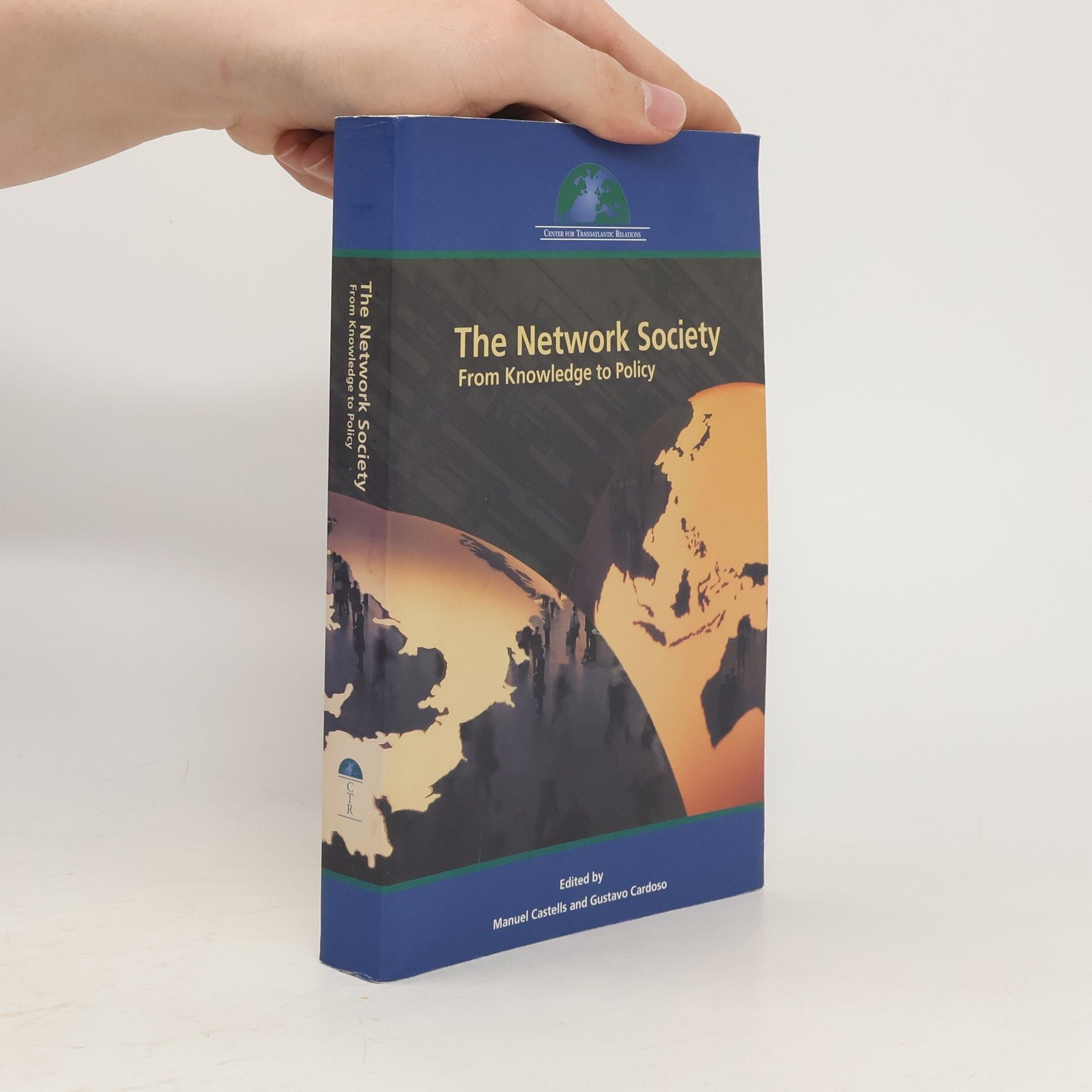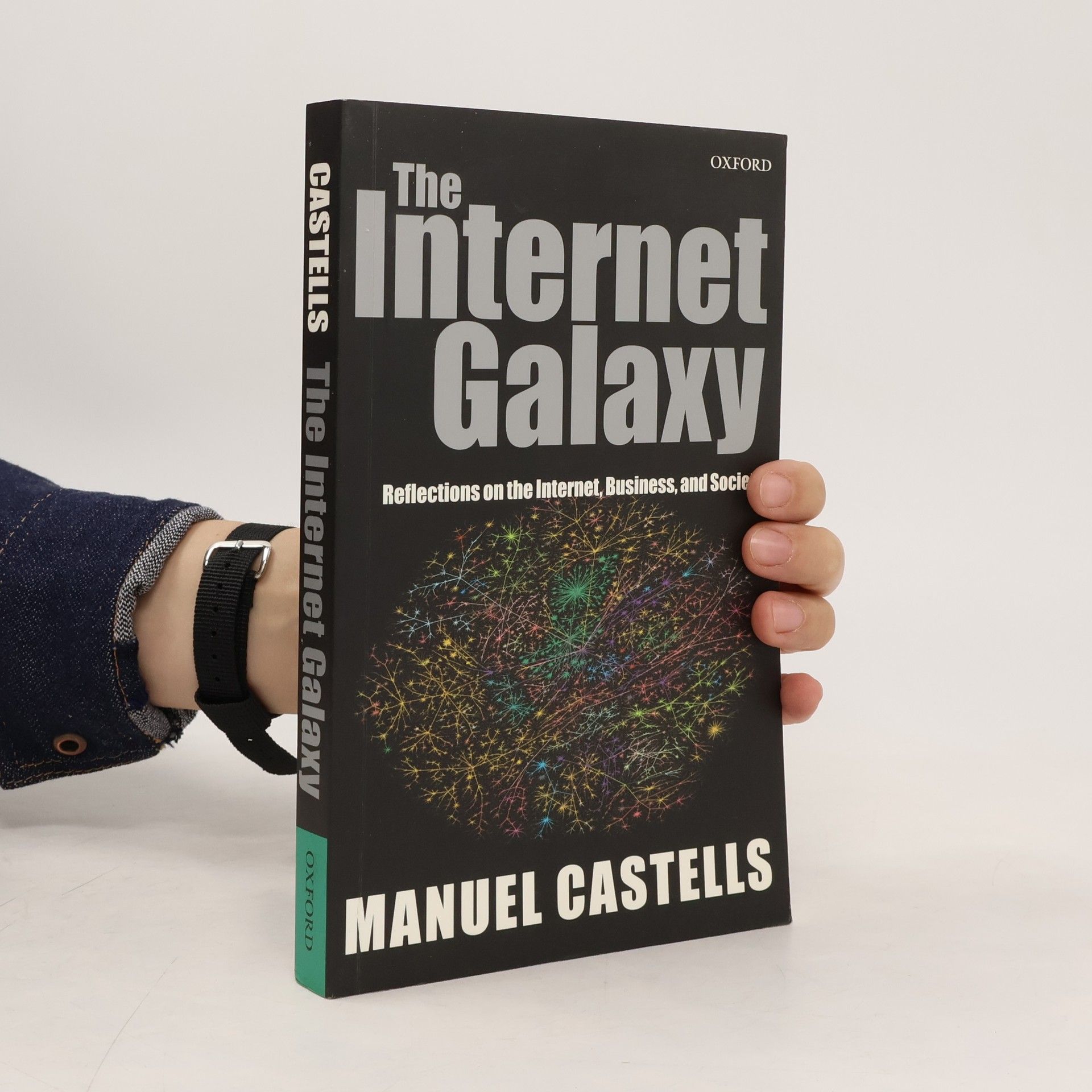The power of identity
- 537 pages
- 19 hours of reading
The Power of Identity is the second volume of Manuel Castells trilogy The Information Age: Economy, Society, and Culture. It deals with the social, political, and cultural dynamics associated with the technological transformation of our societies and with the globalization of the economy. A brilliant account of social, cultural and political conflict and struggle all over the world. Analyzes the importance of cultural, religious and national identity as sources of meaning for people, and its implications for social movement. Throws new light on the dynamics of global and local change. New sections have been added on Al Qaeda and global terrorist networks, on the anti-globalization movement, American unilateralism and the conflicts of global governance, the crisis of political legitimacy throughout the world and the theory of network states.








